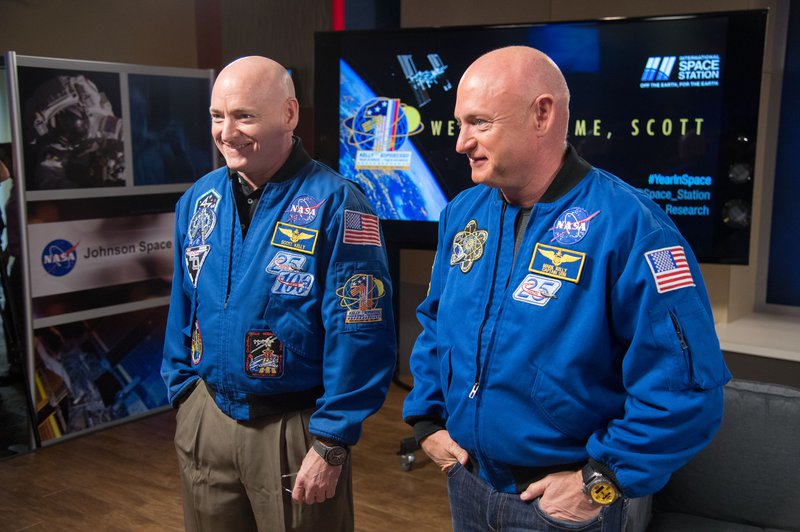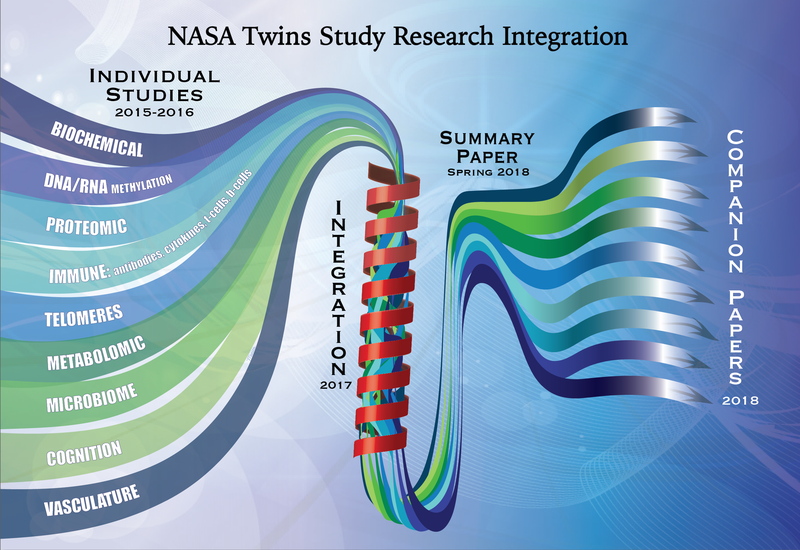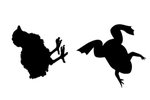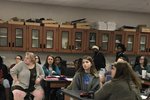NASA's Twins Study and how it might support your Genes in Space proposal
NASA's Twins Study brought together research teams from across the United States with the goal of understanding what happens to the human body after one year in space. Astronaut Scott Kelly spent nearly a year in space from March 27, 2015 to March 1, 2016 while his twin brother Mark Kelly - also an astronaut - remained on Earth. Scott and Mark are the first identical twin astronauts in history and Scott's mission provided the perfect opportunity for a controlled study.

Photo credit: NASA
Ten research teams worked together to investigate a number of physiological and genomic responses to space flight. Studies ranged from changes in cognitive performance and microbiome composition to alterations in gene expression. While most of the observed changes returned to pre-flight levels shortly after Scott returned to Earth, some persisted for months - including changes in the expression of hundreds of 'space genes' - and may be permanent. The Twins Study generated a large amount of valuable data and a number of surprising results that will inform NASA's human research studies for years to come. The researchers are expected to publish their findings later this year, but an early summary of their results can be found HERE and in other related articles on NASA.gov.

Credit: NASA
The Twins Study is a really exciting achievement, but how is it related to your Genes in Space proposal? The researchers found that many aspects of human biology change in space including the immune system, the cardiovascular system, cognition, and metabolism, various aspects of gene expression ( including methylation profile and proteomics) and even the microbiome. The researchers also looked at telomere length, the topic of Julian Rubinfein's winning proposal. These findings raise lots of questions about why these changes occur during space flight and what might be done to treat or prevent the potentially harmful changes - questions that could serve as the basis for a Genes in Space proposal. So if you're looking for a Genes in Space proposal topic, check out the results from NASA's Twins Study for inspiration!


